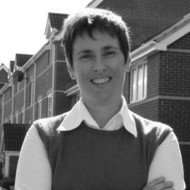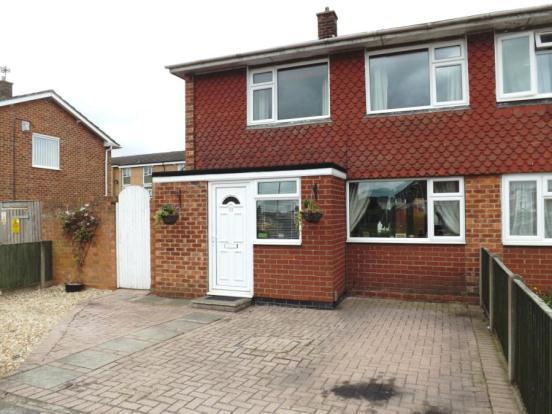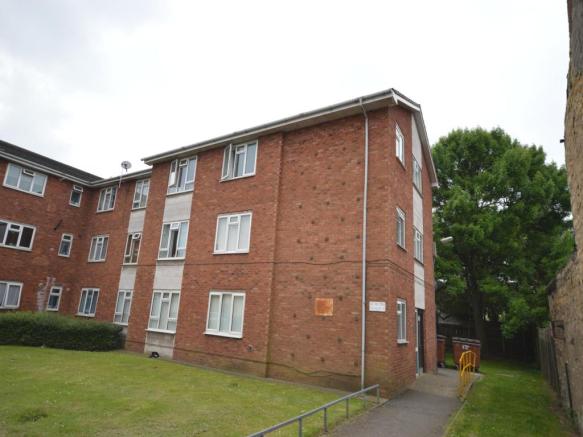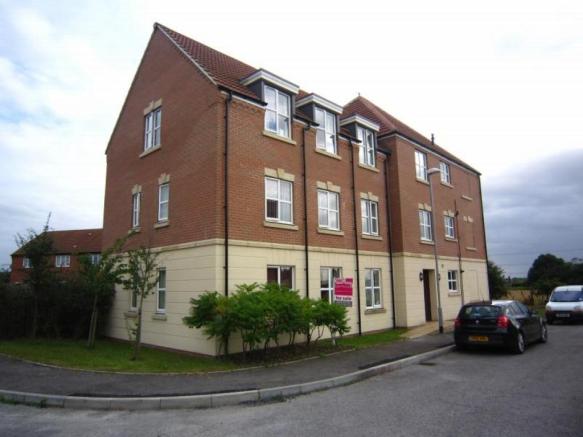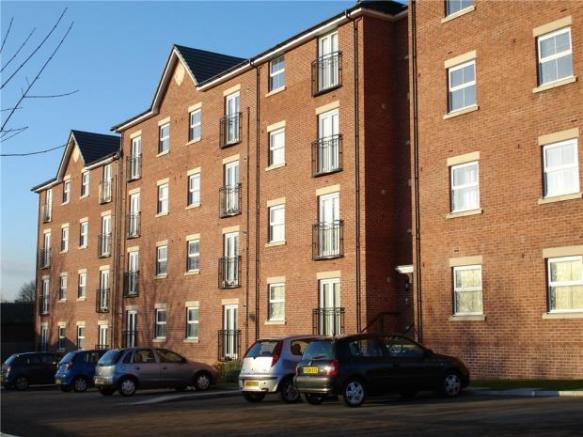Latest data from the Land Registry and other reports show the property market may have ‘peaked’ for now, as property prices in Lincolnshire have hardly changed over the last four months.
The latest release shows that property prices in England and Wales are now £178,000, an increase of 8% year on year, but prices are still in recovery as they are 3% lower than six years ago. The East Midlands and Lincoln stats are pretty similar. Prices peaked at around £146,000 in 2007/8, fell to £120,000 in 2009 and are now up to nearly £130,000. Although this is an increase of 6% year on year, prices still have to increase by 11% to recover – if they do – to their previous heights.
The problem with this arises when you own your property outright and are hoping it will fund your retirement too, the reason being that when we quote house prices, we quote the ‘actual’ figures (called ‘nominal’). What this doesn’t take into account is that the cost of living rises every year (inflation). And if investing for a pension, you need prices to rise in line with inflation so that you can afford the same goods and services in the future as you can now.
Unfortunately this isn’t happening in the property market at the moment. If someone owns a property outright, worth say £130,000, this price needs to increase by at least the level of inflation (cost of living), which on average is 3% each year. And this absolutely is not happening.
If I owned a property outright in Lincoln at the height of the market and it was worth £146,000, if I wanted to buy the same amount of goods and services with this money today, six years later, my property price would need to be £146,000 x 3% inflation each year for the last six years. That would mean prices would need to be £175,000. At the moment ‘though, they are, on average, £130,000 so that I have £45,000 less than I need to maintain my ‘investment’.
And with the news from the Conservative Party Conference that people can withdraw their pensions and invest in other assets, property is being hailed as one of the top ideas on people’s lists.
Clearly this is dangerous, though. Property can deliver good returns, but to get capital growth you need to create it when you buy, for example through self-build, or buying a complete wreck for cash and making it mortgageable. Relying on ‘natural house price growth’ of your own property to deliver a pension is a massive risk. From 1995, prices in Lincolnshire beat 3% annual inflation and grew at 4.5% every year. However, since the start of 2004, 10 years ago, prices have hardly increased at all, so in ‘real terms’ they have actually fallen.
As a result, for those thinking their property is their pension pot, it’s not necessarily the ‘pot of pension gold’ it once was, and the reality is that to make sure you have enough income in your retirement, you need to seek advice from a regulated and trained independent financial advisor.
For more information on investing in a property versus a pension, visit Property Checklists.
Kate Faulkner is Managing Director of propertychecklists.co.uk. The site gives free advice to consumers on how to measure their local market and an understanding of how to buy their first home or trade up. Kate’s background stretches from self-build to part exchange to buy to let and renovation. She is the author of the Which? property books and regularly appears on local and national media.


